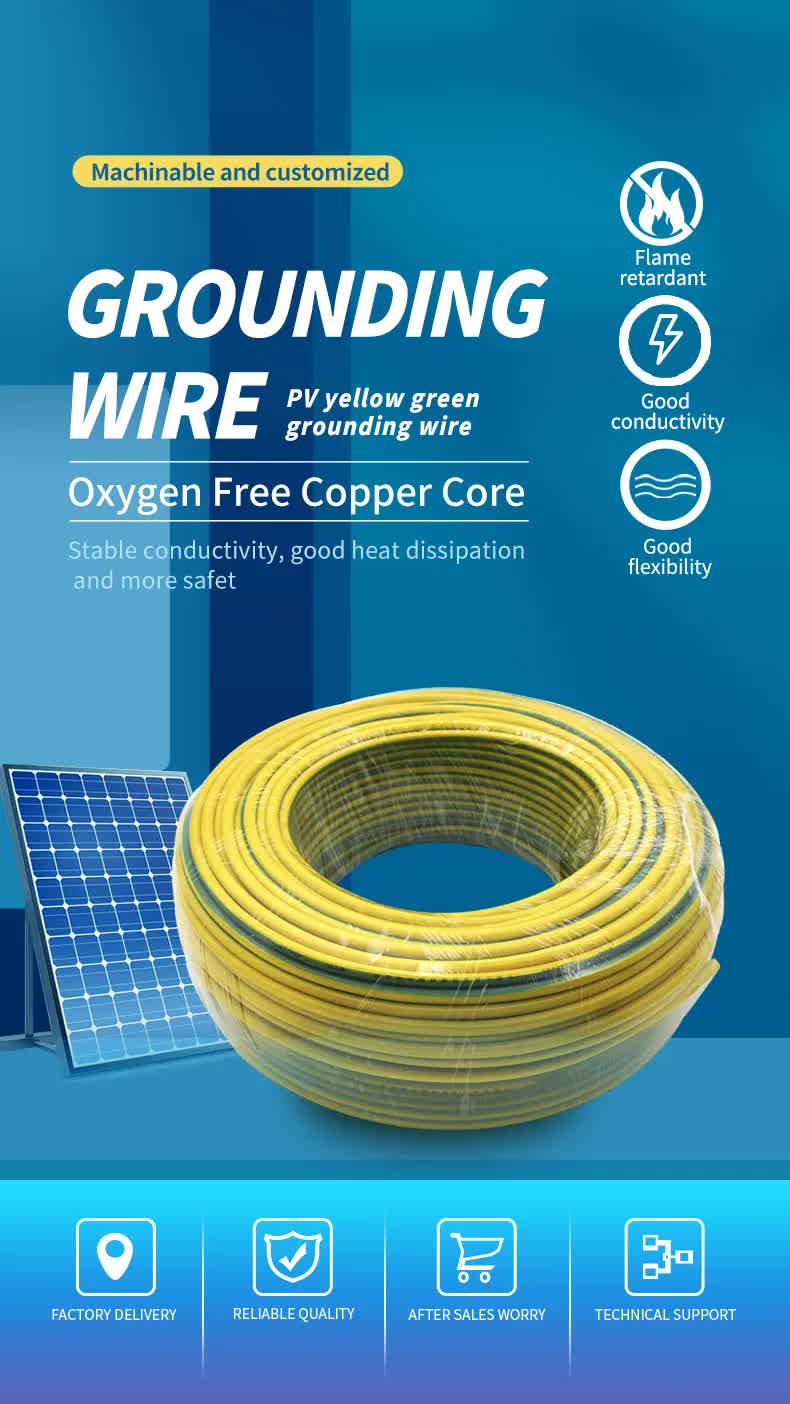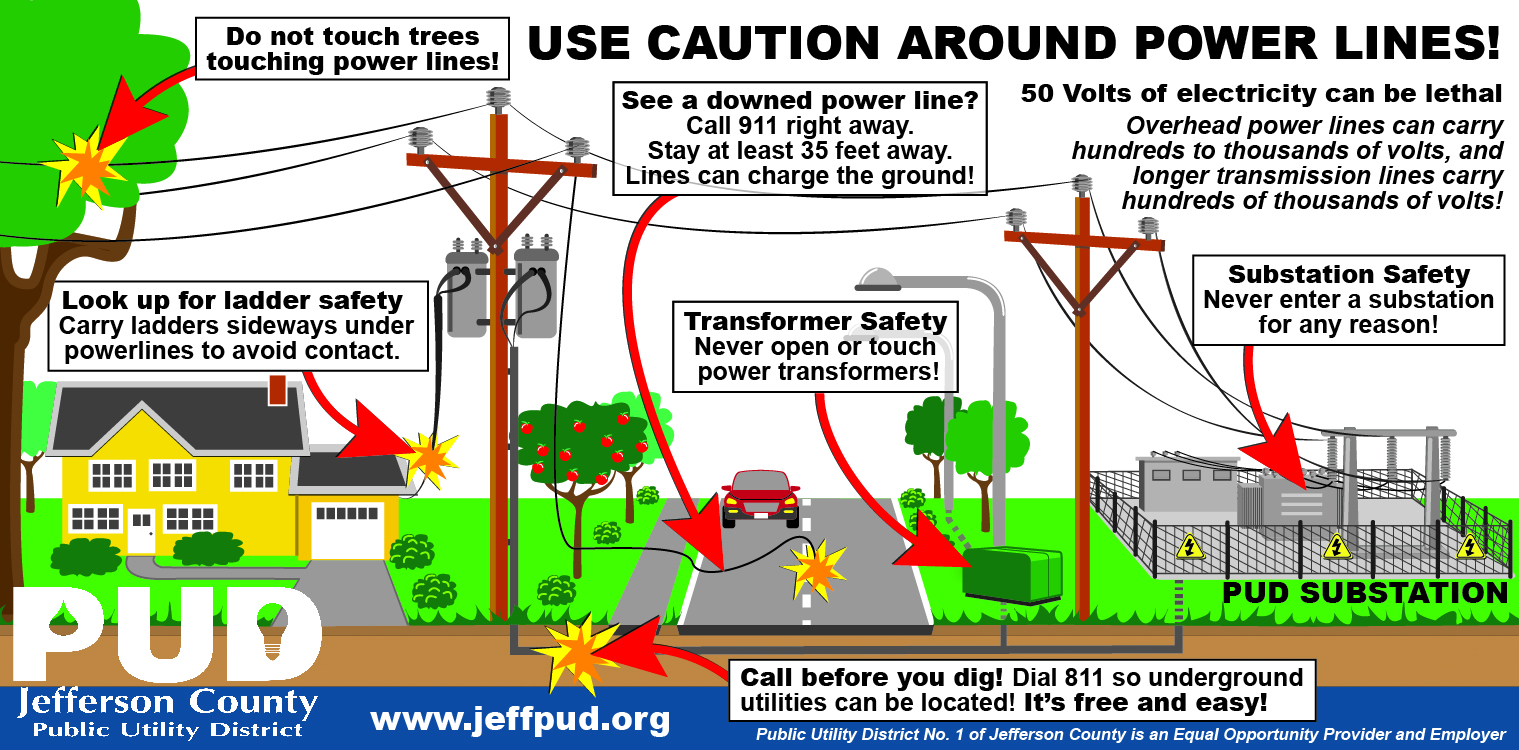Heartwarming Tips About Are Ground Wires Safe

Electrical Main Panel Grounding Modification (two Grounds In Box To
Are Ground Wires Safe? Separating Fact from Fiction
1. Understanding the Grounding System
Okay, let's talk about ground wires. Specifically, are they safe? Its a pretty common question, and honestly, a valid one. Electrical stuff can be intimidating! Think of ground wires like the unsung heroes of your electrical system. Theyre there quietly working in the background, but what exactly do they do, and are they really safe?
The fundamental purpose of a ground wire is to provide a low-resistance path back to the electrical source in the event of a fault. Imagine a short circuit where a live wire accidentally touches the metal casing of your washing machine. Without a ground wire, that metal casing would become energized, turning your washing machine into a potential shock hazard! But with a properly connected ground wire, that stray electricity gets safely diverted back to the breaker box, tripping the breaker and cutting off the power before you become part of the circuit.
In essence, its a safety net. Ground wires aren't normally carrying any current, but they're ready to leap into action the moment something goes wrong. They act as a shortcut, prioritizing that extra electricity to go back from where it came, preventing a potential electrical shock to a person. If you ever hear someone joke about electricity taking the path of least resistance, that's exactly what we're talking about here.
So, in principle, ground wires are designed to increase safety. However, like anything electrical, proper installation and maintenance are key. A poorly connected or damaged ground wire can actually be worse than no ground wire at all, giving a false sense of security while potentially being ineffective in a fault situation. Think of it like a seatbelt thats not properly buckled its there, but it wont do you any good in a crash.

The Good, the Bad, and the Grounded
2. Potential Hazards and How to Avoid Them
Now, let's dive into potential problems. One of the biggest issues arises from improper grounding. If a ground wire isnt correctly connected to the grounding system (usually a ground rod driven into the earth or the metal water pipes in older installations), it wont function as intended. This improper grounding can lead to a situation where a fault current doesn't have a clear path back to the source, increasing the risk of electrical shock.
Another concern is corrosion. Over time, ground wires and their connections can corrode, especially in damp or salty environments. This corrosion increases the resistance of the grounding path, making it less effective. Regular inspection and cleaning of ground connections can help prevent this. Think of it like your car's battery terminals — they need to be kept clean for optimal performance, and ground wires are no different.
Also, sometimes people accidentally sever or damage ground wires during renovations or repairs. Imagine hammering a nail through a wall and hitting a wire. It happens! This creates a break in the grounding path, rendering it useless. That is also why is important to have a qualified electrician to check the health of the ground wires from time to time. You wouldn't want to found out during the emergency.
Finally, never, ever assume that a receptacle is properly grounded just because it looks like it is. Receptacles can be miswired, with the ground wire connected to the neutral or even the hot wire! This is incredibly dangerous and can create a very hazardous situation. Always use a circuit tester to verify that receptacles are properly grounded before using them. Circuit testers are inexpensive and easy to use; it's a small investment that can save your life.

Anti Static Grounding Wire Safe Reliable Wide Application Electrostatic
Grounding Myths Debunked
3. Separating Fact from Fiction about Ground Wires
There are a few common misconceptions about ground wires floating around. One is that ground wires are only necessary for sensitive electronics. While it's true that grounded outlets are particularly important for protecting sensitive devices like computers from power surges, ground wires are essential for all electrical appliances, regardless of their sophistication.
Another myth is that if you have GFCI (Ground Fault Circuit Interrupter) outlets, you don't need ground wires. GFCI outlets are great safety devices that can detect small imbalances in current and quickly cut off power, but they don't replace the need for proper grounding. GFCI outlets protect against ground faults, but they won't protect you from other types of electrical hazards, such as short circuits between the hot and neutral wires. It's like saying you don't need car insurance because you have anti-lock brakes both are important, but they serve different purposes.
Some believe that a thicker ground wire is always better. While it's true that a thicker wire can handle more current, the size of the ground wire should be appropriate for the circuit it's protecting. Using an excessively thick ground wire won't necessarily improve safety, and it could even make installation more difficult. It is best to follow your local electrical code to have the right size of the wire.
Finally, some individuals think that taping a ground wire to a metal pipe is sufficient grounding. This is definitely not a substitute for a proper ground connection. Taping a wire to a pipe may create a temporary connection, but it's not a reliable or safe way to ground an electrical system. Make sure the connection is firm and professionally installed.

DIY vs. Calling a Pro
4. When to Handle Grounding Yourself and When to Seek Expert Help
So, when can you handle grounding yourself, and when should you call in a professional electrician? Simple tasks like replacing a properly grounded outlet with a new one can be done yourself, provided you take all necessary safety precautions and are comfortable working with electricity. Always turn off the power at the breaker box before working on any electrical circuit, and double-check that the power is off with a non-contact voltage tester.
However, any work involving the grounding system itself, such as installing a new ground rod, upgrading the grounding wire size, or troubleshooting grounding issues, should be left to a qualified electrician. These tasks require specialized knowledge and equipment, and improper installation can have serious consequences. A professional electrician can ensure that the grounding system is properly installed and functioning correctly, protecting you and your family from electrical hazards.
Also, if you're unsure about any aspect of grounding, it's always best to err on the side of caution and call an electrician. Electricity is not something to be taken lightly, and it's always better to be safe than sorry. Getting professional advice can give you peace of mind knowing that your electrical system is safe and up to code.
If you're doing a remodel and are required to pull permits, most jurisdictions require a licensed electrician to do the work, especially when it comes to something as critical as proper grounding. This is because grounding is a vital part of home safety. Consider it an investment in your well-being and your home's future. Also, not having it permitted might affect the insurance of the house during a catastrophic electrical fault.

PV Wire Yellow Green Grounding
Keeping Your Home Safe
5. Simple Steps to Maintain a Healthy Grounding System
Maintaining a healthy grounding system doesn't have to be a complicated process. Start with regular visual inspections of ground wires and connections. Look for signs of corrosion, damage, or loose connections. If you find anything suspicious, don't hesitate to call an electrician to investigate.
Consider having your home's electrical system inspected by a qualified electrician every few years. They can perform a thorough check of the grounding system and identify any potential problems before they become serious. This is especially important if you live in an older home or if you've recently experienced any electrical issues.
Use a circuit tester to periodically check the grounding of your outlets. This is a quick and easy way to ensure that your outlets are properly grounded and that your appliances are protected. Circuit testers are inexpensive and readily available at most hardware stores.
And lastly, never overload circuits or extension cords. Overloading circuits can cause overheating and damage to the wiring, including the ground wire. This can compromise the effectiveness of the grounding system and increase the risk of electrical shock. When in doubt, consult with an electrician about your home's electrical capacity and how to safely use your appliances.
